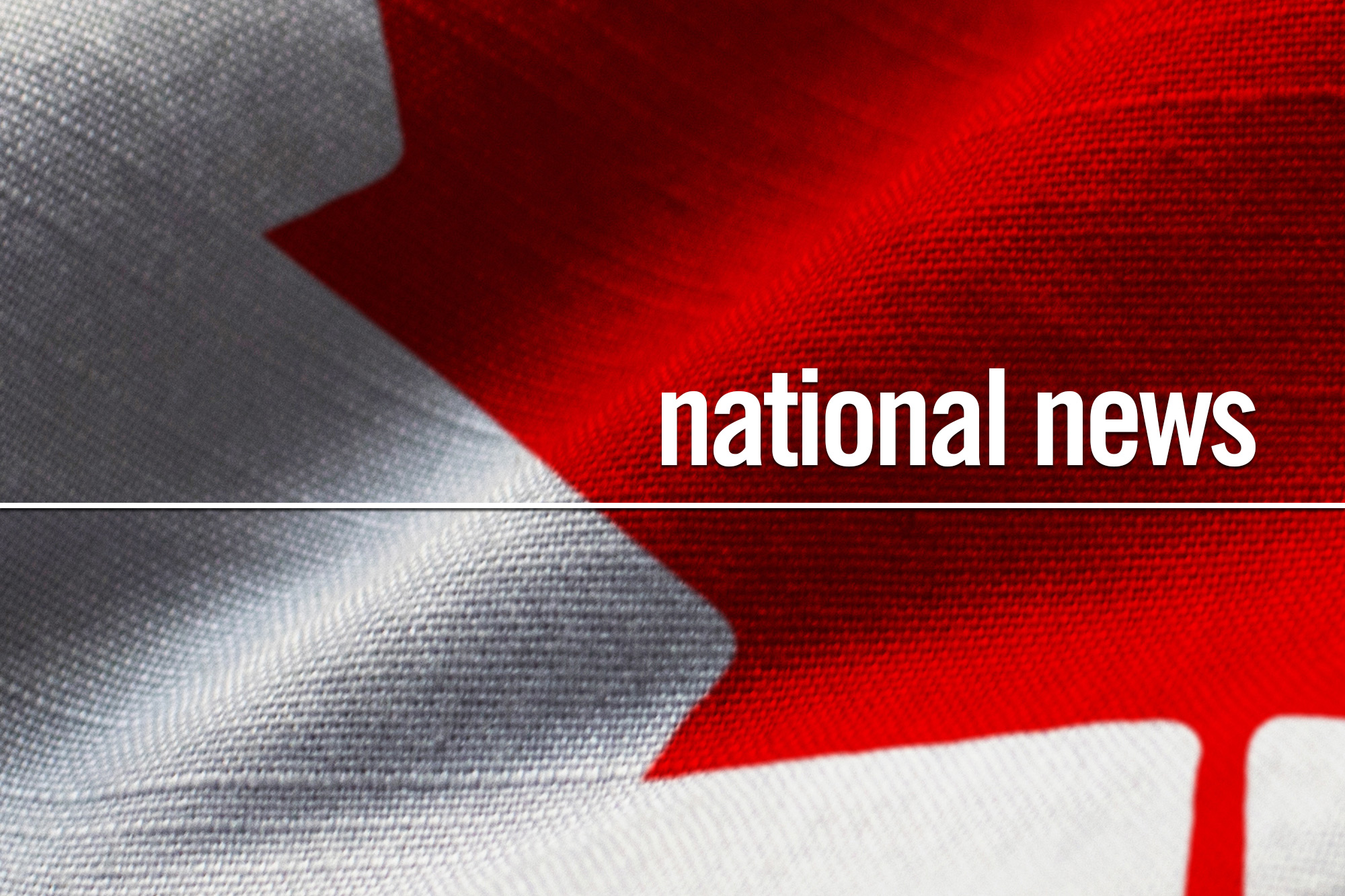As of Friday, August 6, 81.8 percent (3.8 million) of eligible people 12 and older in BC had their first dose of the COVID-19 vaccine and 68.9 percent (3.2 million) their second dose Receive.
However, the increasing number of cases in the Kelowna region has resulted in further restrictions in the central Okanagan.
The outbreak rose to around 1,200 cases in the past week, with the majority of the new cases in unvaccinated people between the ages of 20 and 40.
As a result, in the local health district of Central Okanagan – which includes Kelowna, Rutland, Lake Country, West Kelowna, and Peachland – restaurant seating is limited to groups of six or fewer, while nightclubs and bars will remain closed until further notice unless they serve food. The liquor service in restaurants and casinos will stop at 10:00 p.m.
Low-intensity gyms can stay open with a COVID-19 safety plan, although capacity is limited. High-intensity fitness centers have been closed until further notice.
Vacation rentals and houseboats are limited to five visitors.
In addition, the provincial health officer, Dr. Bonnie Henry that people planning to visit the area are encouraged to postpone their vacation plans, especially if they are not vaccinated.
Indoor face-to-face meetings are now limited to five people from another household, while outdoor face-to-face meetings are limited to 50 people. Masks are still required in indoor public spaces and overcrowded outdoor public spaces.
Henry confirmed that the Delta variant triggered the Central Okanagan eruption and accounts for 80 percent of the cases. The remaining 20 percent of the cases are the less transferable gamma variant.
Dr. Sue Pollock, chief medical officer of Interior Health, said the region had seen no improvement in case numbers despite increased efforts to vaccinate more people and reintroduce a mask mandate. Due to the more contagious strain, the virus has crept back into long-term care facilities, with two new outbreaks announced this week.
“This has an impact on our hospital and community staffing levels,” said Pollock.
“It is preventing people from gaining access to home and community care services, and it is starting to affect health services across the region.”
Along with the new restrictions, Henry and Pollock are asking those who are able to receive the vaccine to go to a clinic and get it done as soon as possible in order to keep themselves and their surroundings under control in the central Okanagan outbreak.
– with files from Black Press









